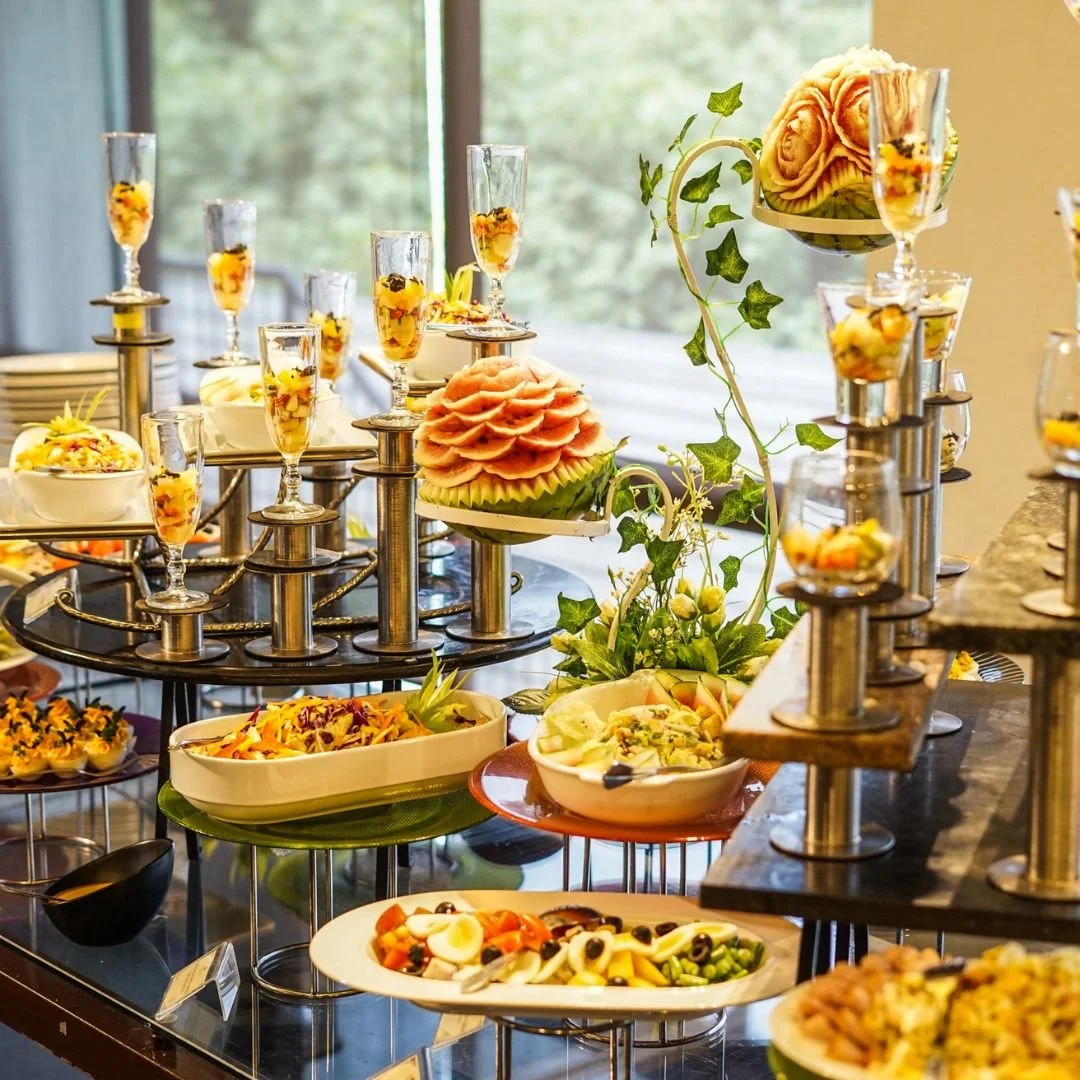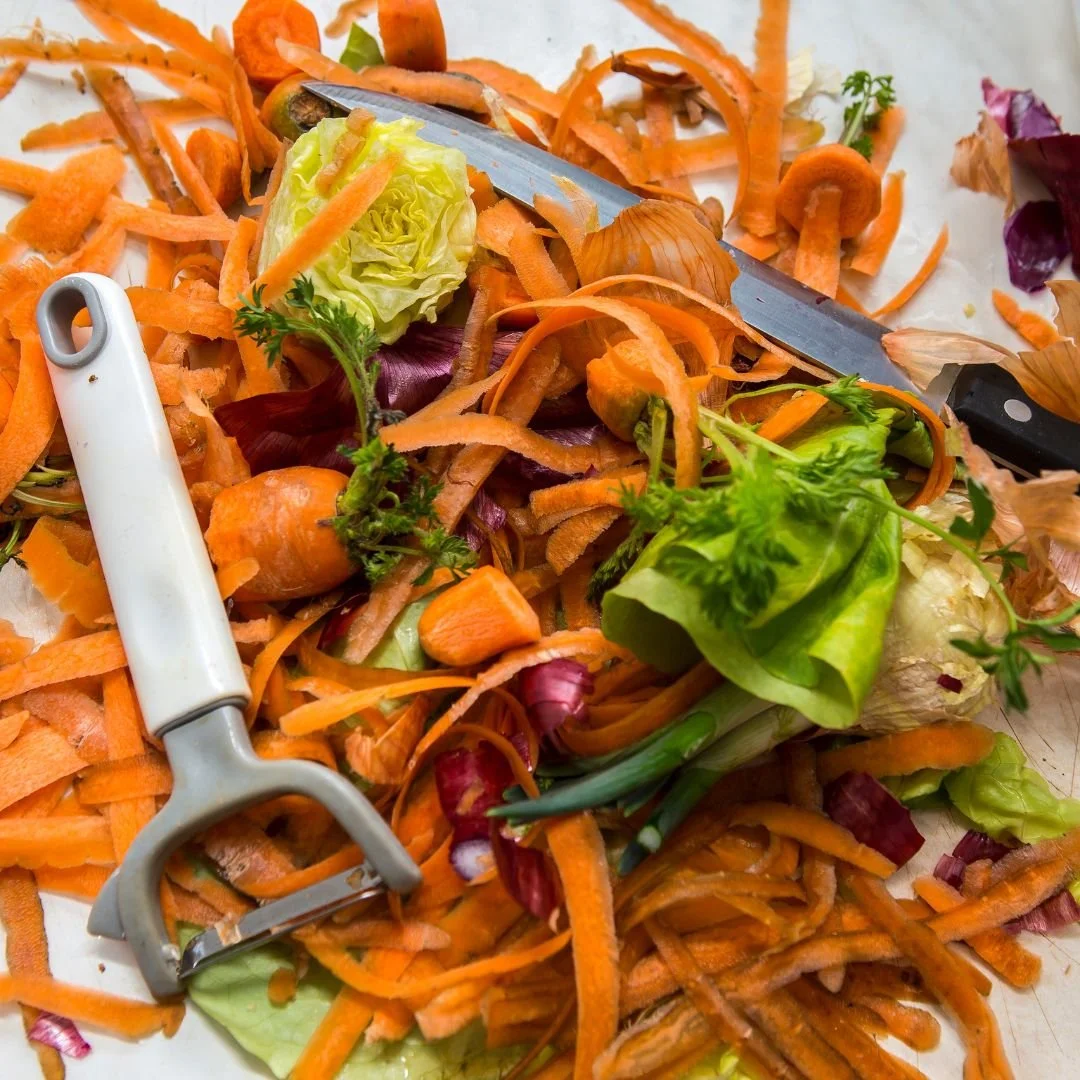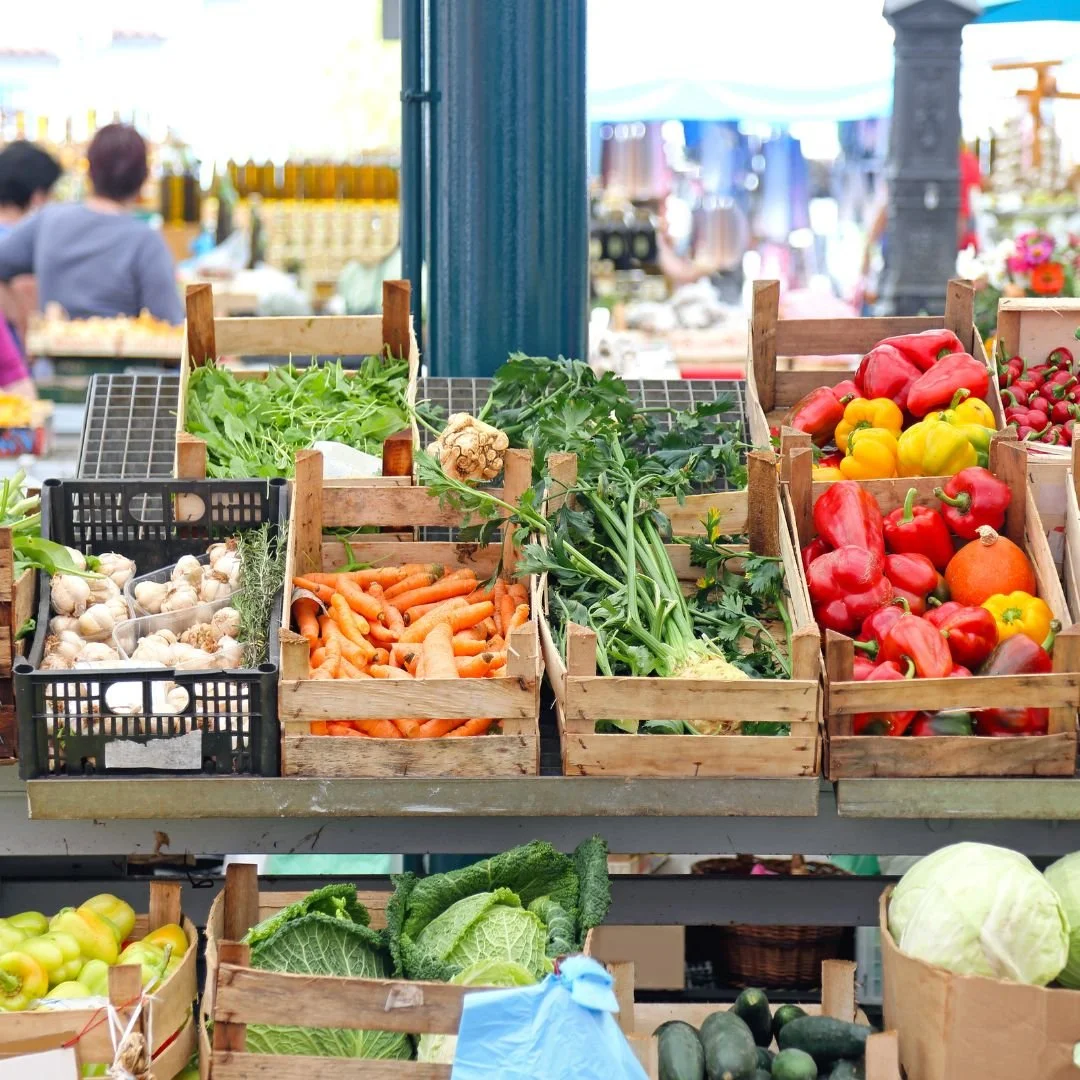Sustainable Catering: Baby Steps to Eco-Friendly Events
When it comes to planning an event, catering is like the life of the party—without it, things can get pretty awkward. But let’s face it: food and drink can also leave a hefty carbon footprint, making your gathering feel less like a celebration and more like an environmental disaster. Enter sustainable catering! It’s all about using local, organic, and seasonal foods to minimize your event's environmental impact. Think of it as giving Mother Earth a hug while keeping your budget intact. And who doesn’t love a good hug?
The 4-1-1 on Local, Organic, and Seasonal Foods
Local Foods: Your Neighbor’s Bounty
Local foods are like the friendly neighbor who brings over fresh cookies—sourced from farms within a 100-mile radius of your caterer. Choosing local not only supports the local economy but also reduces transportation emissions. Plus, you get fresher ingredients that taste like they were just plucked from the garden (because they probably were). So next time you’re at a farmer's market, remember: every tomato you buy is a tiny victory for the planet!
Organic Foods: Nature’s Best
Organic foods are grown without synthetic pesticides or GMOs, which is great news for both your health and the environment. Think of organic farming as the “clean eating” trend for crops—no chemicals allowed! While they might cost a bit more than their conventional counterparts, the taste and environmental benefits are worth every penny. Plus, you can impress your guests with your commitment to sustainability while secretly enjoying that delicious organic kale salad.
Seasonal Foods: The Flavor of the Moment
Seasonal foods are harvested when they’re meant to be eaten—no artificial heating or cooling required! This means you get peak freshness and flavor while also being kind to the planet. Seasonal menus can be diverse and exciting, transforming your event into a culinary adventure. Who knew that eating with the seasons could feel so chic?
Adding Vegetarian and Vegan Options to Your Menu
As a vegetarian, I can’t tell you how many times I’ve been served the dreaded “steamed white rice and broccoli” combo at events. Yikes! You’d think we were in some sort of culinary punishment program. At least 5% of your guests are vegetarian —and many more might secretly prefer them! Offering vegetarian and vegan dishes not only reduces your event's environmental impact but also opens up a world of delicious possibilities. Trust me; no one wants to be known as the “event planner who served sad salads.”
The No-Waste Menu: Because Waste is So Last Season
A no-waste menu aims to minimize food waste at every stage—from prep to plate. Here’s how to make it happen:
Smart Planning: Work with your caterer to estimate portion sizes accurately. Smaller portions with seconds available can help reduce waste—because nobody likes leftovers that end up in the trash.
Use of ALL Ingredients: Encourage your caterer to get creative! Vegetable scraps can become broths or dressings, while leftover bread can be transformed into croutons or bread pudding (yum!).
Composting and Recycling: Set up composting stations at your event for food scraps and biodegradable items. It’s like giving waste a second chance!
Leftover Donations: Partner with local charities or food banks to donate safe leftovers. Thanks to the Bill Emerson Good Samaritan Food Donation Act of 1996, you can share the love (and food) without fear.
Cost Savings with Sustainable Catering
Sustainable catering isn’t just good for the planet; it can also save you money:
Local and Seasonal Foods: Buying from local farmers often means better pricing and fresher ingredients—plus seasonal produce is abundant during its peak season.
Waste Reduction: A no-waste menu means using ingredients efficiently and reducing what you need to purchase. Plus, donating leftovers can be tax beneficial—cha-ching!
Energy Efficiency: Choose caterers who use energy-efficient appliances. And consider serving room-temperature dishes; no need for expensive kitchen equipment rentals!
Vegan and Vegetarian Options: Plant-based ingredients are generally less expensive than meat and dairy. More veggie options mean lower costs and happier guests!
Pro Tip: Offering a vegan option checks multiple boxes—no dairy, gluten-free, kosher-friendly—and appeals to many dietary preferences!
Final Thoughts
Sustainable catering isn’t just a trend; it’s a responsible choice that benefits our planet while saving you money. By opting for local, organic, and seasonal foods, incorporating vegetarian options, and committing to a no-waste menu, you’ll significantly reduce your event's environmental impact—and create memorable experiences for your guests. Whether you're planning an intimate gathering or a grand soirée, sustainable catering is the way to go!
Important Note: Some venues (hotels and restaurants) might not accommodate sustainable catering requests; this guide is best suited for catering companies bringing food directly to an event space. So keep that in mind as you plan your eco-friendly bash!





